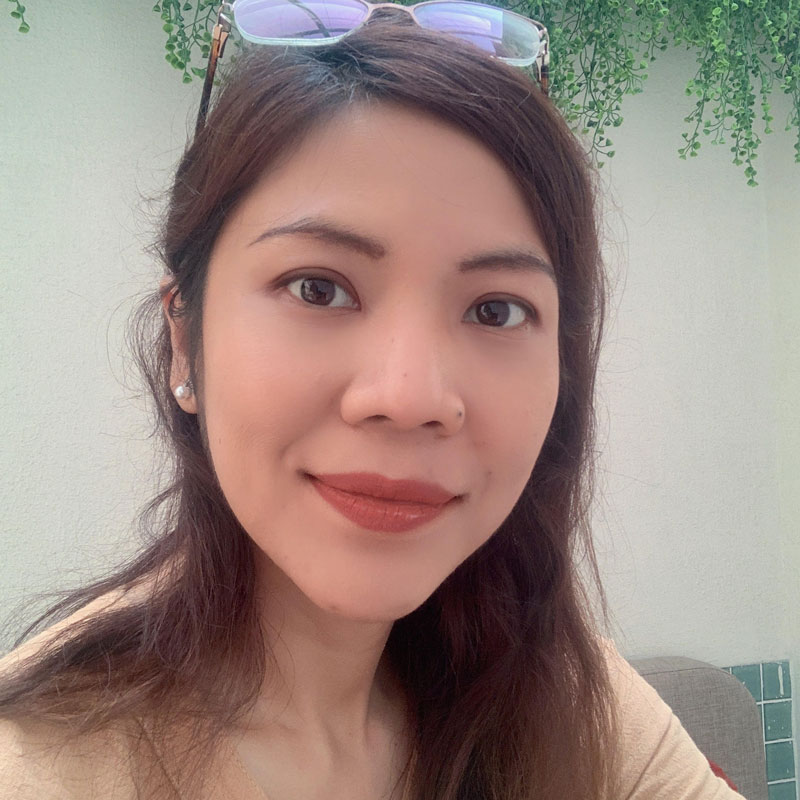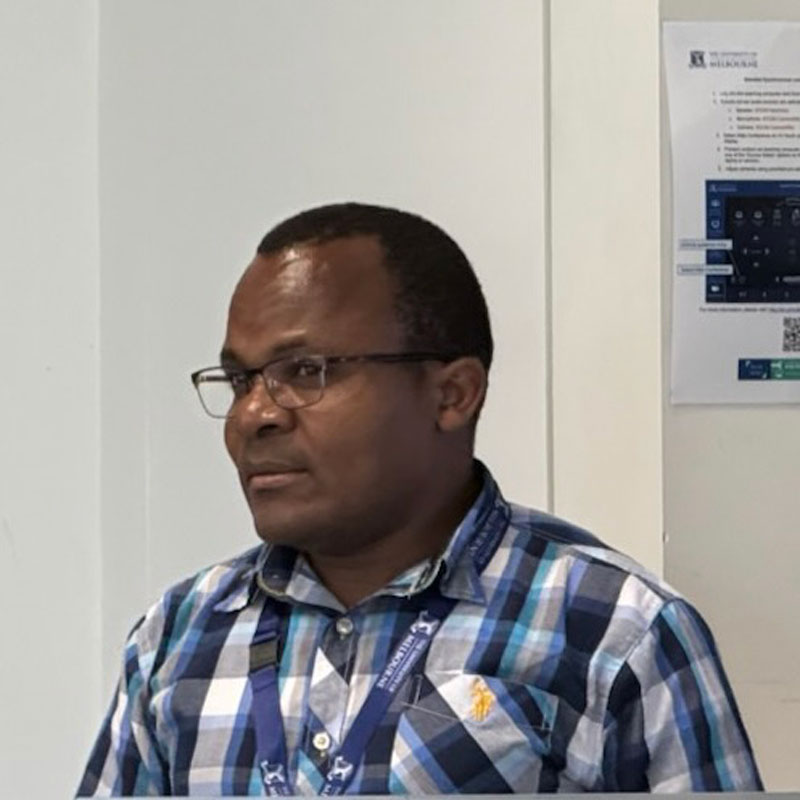Current PhD projects span 3C’s core themes, including health communication, the role of communication in engaging broad and niche audiences, and the use of social marketing to engage communities on key social issues
3C’s PhD Candidates are supported by Co-Lab , and their projects are united with a focus on how communication can be harnessed to change society for the better.

Juan José Cárdenas T.
Nudging Towards Sustainability: The Role of Packaging in Food Waste Awareness
The study addresses the pressing issue of food waste, emphasising the crucial role of packaging in consumer behaviour and sustainability. It highlights the lack of awareness among consumers and proposes solutions to reduce waste, focusing on regenerative packaging. Through methodologies like Choice-Based Conjoint Design and Structural Equation Modelling, the research aims to understand consumer behaviour, develop sustainable packaging mechanisms, and reshape consumer mindsets towards responsible consumption. Research questions explore the effectiveness of environmental nudges, packaging solutions in waste reduction, and aligning consumer and sustainability goals.

Marcelo Cárdenas Toledo
The role of circular practices influencing consumers' attitudes, perceptions, and behaviours regarding food waste.
This project aims to analyse how circular practices can influence consumers' attitudes, perceptions, and behaviours regarding food waste in the hospitality sector. The PhD explores the current circular practices around consumers and studies their influence on consumers' food waste, which could result in promoting sustainable consumption behaviours. Online surveys will employed to retrieve quantitative data from a large population to conduct statistical analysis. Future findings aim to better understand consumer food waste in hospitality contexts and determine the effectiveness of circular practices.

Shi Feng
Towards Cultural Competence: News Reporting of Traditional Chinese Medicine in Multicultural Australia
Australia is the leading Western country to embrace Traditional Chinese Medicine as its popular complementary healthcare. Traditional Chinese Medicine, as an Indigenous knowledge system and cultural context, allows researchers across disciplines to move towards greater inclusivity of Indigenous knowledge in cultural competence evaluation. The project aims to develop a culture-centred approach to examine how Australian health journalists encounter Traditional Chinese Medicine and how they perceive their cultural competence in their news coverage.

Lam Ha
Cultural Authenticity Digitalisation through Social Media Empowerment: #Together We Co-Construct!
Situated at the nexus of digital cultures, social media, participatory heritage, and communication for social change, Lam's study explores how social media influencers and users co-create cultural authenticity, with a focus on Vietnam and comparative insights from Australia. Using mixed methods such as netnography, interviews, online surveys, and participatory workshops, it examines how influencers and users co-construct local cultural authenticity and its impacts. The study aims to develop frameworks for integrating social media co-creation into cultural heritage management and inform policies and practices that promote bottom-up perspectives, encourage cross-collaboration, empower communities, and support the sustainable preservation of local heritage.

Lilan He
Nation branding: Image of China in cyberspace from the lens of sports diplomacy
Lilan’s study explores the role of sports diplomacy in China’s nation branding and national image on social media, and how those messages are received by target audiences in Australia. Her research employs a content analysis framing approach, combined with social network analysis, to analyse data originating from China’s state-owned international broadcasters’ official social media accounts. She will also use in-depth interviews with target audiences in Australia about their responses to the messages generated by the Chinese international broadcasters. This project will offer a better understanding of (1) the Chinese government’s use of sports-themed content to boost its national branding; (2) how sports diplomacy connects publics to China’s image in cyberspace; (3) how sports influence perception of China’s national image in the cyberspace in Australia.

Utami Diah Kusumawati
Between Literacy and Activism: Mediatization of Data Journalism in Indonesia
This PhD project explores the impact and contribution of the existence of data journalism and data-driven media to Indonesian society (deep mediatization) by evaluating data journalism outputs in Indonesian news media, measuring data journalism knowledge among journalists, revealing challenges faced by the journalists, and proposing ways to enhance Indonesian journalists’ data journalism capabilities based on the assessment done to the data-driven reporting products and the journalists’ knowledge. This research will employ a mixed-method approach which combines quantitative analysis (computational model) with in-depth interviews.

Brian Rodrigo Llagas
How do visual semiotics in packaging influence consumers?
Brian’s research investigates the cause of consumer confusion with date labels and storage advice and how they influence household food waste. By understanding what causes consumer confusion, existing date labels and storage advice systems can be improved to make it easier for consumers to make informed decisions about food waste. His research will look at: 1) consumer consumption and food discard decisions, 2) how consumers read the visual presentation of packaging design, 3) how packaging visual codes influence consumer perception and purchase intentions, and 4) how to help consumers read packaging designs better. Creating an ecosystem where design, communication, and policy work together to create better-designed date labels and storage advice systems can help reduce consumer confusion and influence behavioural changes that may lead to reducing household food waste.

Protus Murunga
Reimagining local visual journalism: Bridging the gap between professional practice and audience expectations
Protus Murunga is a PhD student in the School of Media and Communication at RMIT University. His PhD research examines local visual news representation of marginalised identities in regional, rural and remote areas. His PhD research also examines journalists' work practices and organisational realities through interviews and observations while at the same time exploring audience perceptions and expectations of inclusive visual news coverage. Protus holds an MA in Communication Studies from United States International University-Africa and a BA in Communication and Media from Egerton University. Before undertaking PhD studies, Protus was a journalist and lecturer in Africa.

Katia Ostapets
Decoding Engagement: Investigating Effective Instagram Communication Tactics Among Food and Nutrition Social Media Influencers
Katia’s research delves into the communication tactics employed by social media influencers on Instagram, focusing on how they engage with followers regarding food and nutrition. This is crucial as misinformation from unqualified influencers is eroding public trust in nutritional science. Through examining successful influencers, she will identify their tactics and assess their impact on follower engagement. Understanding these dynamics will aid health communicators in disseminating evidence-based nutritional information more effectively on social media platforms. By bridging the gap between research and practice, her study seeks to promote informed dietary choices among Australians.


